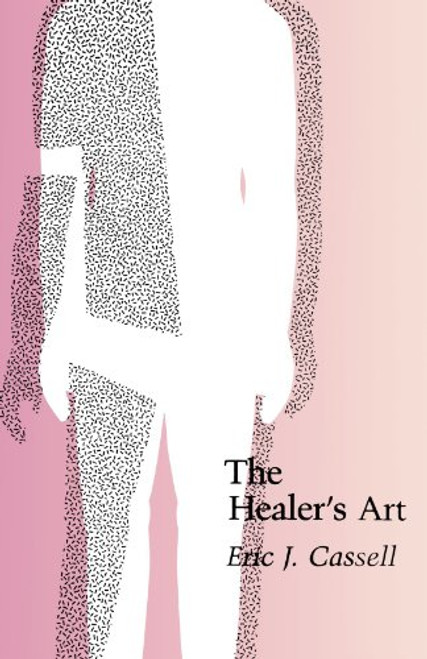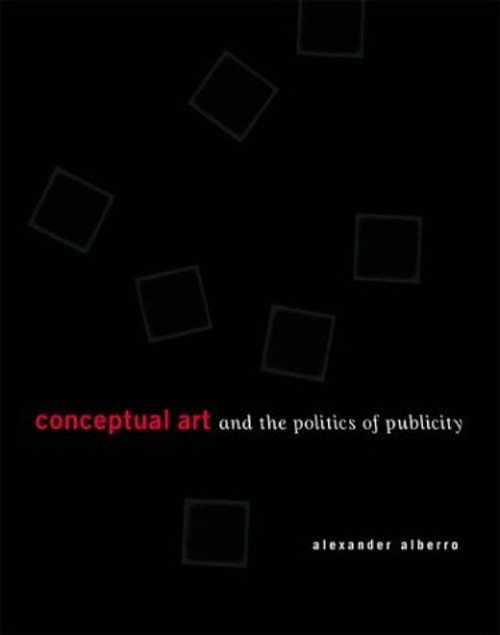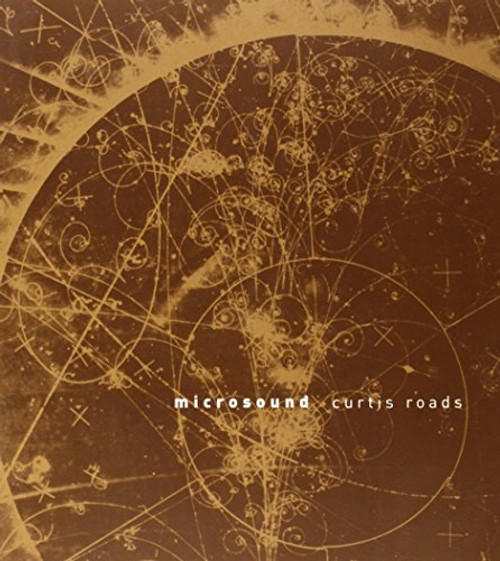Product Overview
Winner, Trade Illustrated Category, 2009 AAUP Book, Journal, and Jacket Show.
Over the past two decades, artists James Luna, Fred Wilson, Amalia Mesa-Bains, Pepon Osorio, and Renee Green have had a profound impact on the meaning and practice of installation art in the United States. In Subject to Display, Jennifer Gonzalez offers the first sustained analysis of their contribution, linking the history and legacy of race discourse to innovations in contemporary art. Race, writes Gonzalez, is a social discourse that has a visual history. The collection and display of bodies, images, and artifacts in museums and elsewhere is a primary means by which a nation tells the story of its past and locates the cultures of its citizens in the present.
All of the five American installation artists Gonzalez considers have explored the practice of putting human subjects and their cultures on display by staging elaborate dioramas or site-specific interventions in galleries and museums; in doing so, they have created powerful social commentary of the politics of space or power of display in settings that mimic the very spaces that they critique. These artists' installations have not only contributed to the transformation of contemporary art and museum culture, they have also linked Latino, African American, and Native American subjects to the broader spectrum of historical colonialism, race dominance, and visual culture. From Luna's museum installation of his own body and belongings as artifacts and Wilson's provocative juxtapositions of museum objects to Mesa-Bains's allegorical home altars, Osorio's condensed spaces (bedrooms, living rooms; barbershops, prison cells) and Green's genealogies of cultural contact, the theoretical and critical endeavors of these artists demonstrate how race discourse is grounded in a visual technology of display.















